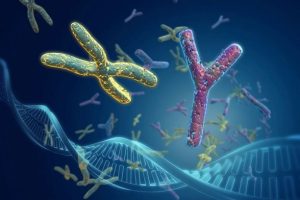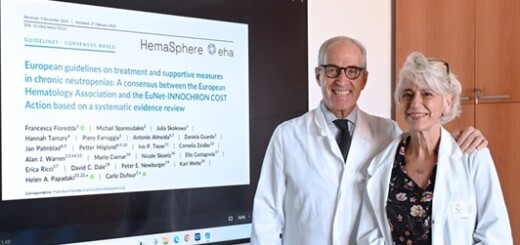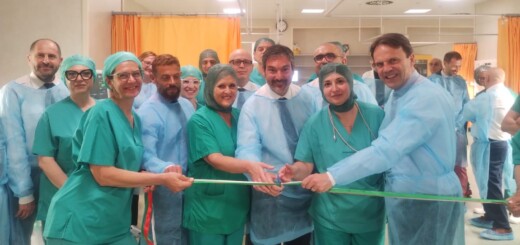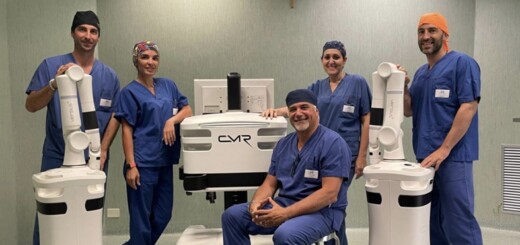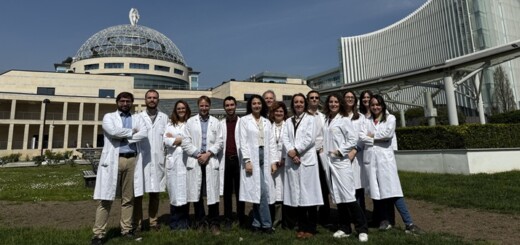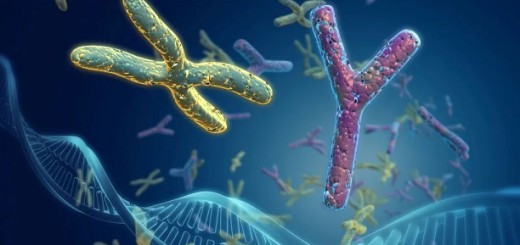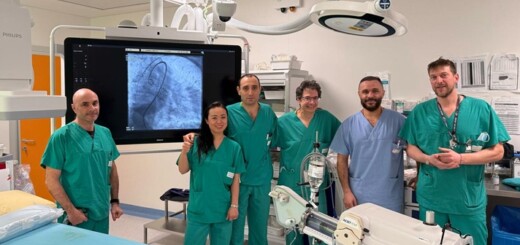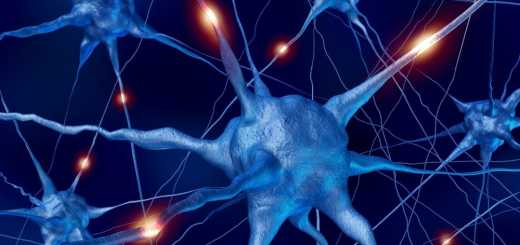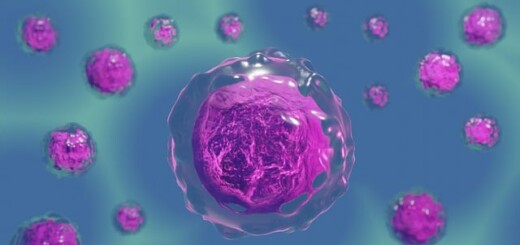Una terapia genica innovativa offre speranze di cura per la sindrome di Rett
Edimburgo, 3 aprile 2025 – Gli scienziati hanno sviluppato un nuovo sistema di controllo dei transgeni che si rivela promettente per il trattamento del raro disturbo cerebrale della sindrome di Rett.
Studi preclinici hanno dimostrato che il sistema di microRNA – chiamato Expression Attenuation via Construct Tuning (EXACT) – è in grado di regolare la produzione della proteina MeCP2, carente nella sindrome di Rett, a un livello tollerabile, aprendo la strada a una potenziale terapia genica.
La sindrome di Rett è una rara malattia genetica che colpisce lo sviluppo del cervello, causando gravi disabilità mentali e fisiche in circa una bambina su 10.000 nate ogni anno. È causata da una mutazione del gene MECP2, situato sul cromosoma X, e raramente si manifesta nei maschi.
Attualmente non esiste un trattamento modificante la malattia per la sindrome di Rett.
La piattaforma EXACT è stata sviluppata da Stuart Cobb, professore di neuroscienze traslazionali presso la Simons Initiative in the Developing Brain e il Centre for Discovery Brain Sciences dell’Università di Edimburgo, in collaborazione con Neurogene, un’azienda in fase di sviluppo clinico fondata per portare farmaci genetici che cambiano la vita a pazienti e famiglie affetti da malattie neurologiche rare.
I dati dello studio preclinico, pubblicati su Science Translational Medicine, hanno supportato l’avvio della sperimentazione clinica di fase 1/2 di Neurogene con la terapia genica NGN-401 per la sindrome di Rett, sviluppata con la piattaforma EXACT.
La sindrome di Rett è causata da varianti con perdita di funzione nel gene MECP2; tuttavia, livelli elevati di MeCP2 possono portare a tossicità. La terapia genica convenzionale, non regolata, comporta un assorbimento cellulare variabile che può portare a livelli tossici di espressione del transgene. EXACT consente l’espressione terapeutica e tollerabile del transgene, cellula per cellula, attraverso la regolazione del microRNA.
Il prof. Cobb, che è anche Chief Scientific Officer di Neurogene, ha dichiarato: “La terapia genica con la regolazione dei transgeni ha il potenziale per trattare una varietà di disturbi sensibili al dosaggio che attualmente non hanno opzioni di modifica della malattia disponibili. Lo sviluppo di una potenziale opzione terapeutica per la sindrome di Rett è stato l’impulso per la creazione di EXACT, e la sua traduzione in NGN-401 rappresenta un importante progresso. Vorrei ringraziare i miei colleghi dell’Università di Edimburgo, Edinburgh Innovations e Neurogene per il loro supporto nello sviluppo di EXACT”.
L’articolo “Self-regulating gene therapy ameliorates phenotypes and overcomes gene dosage sensitivity in a mouse model of Rett syndrome” è pubblicato su Science Translational Medicine.
*******
Preclinical success for gene control system for Rett Syndrome
Scientists have developed a new transgene control system that shows early promise for treating rare brain disorder Rett syndrome.
Preclinical studies have demonstrated that the microRNA system – called Expression Attenuation via Construct Tuning (EXACT) – can regulate the production of MeCP2 protein, which is deficient in Rett syndrome, to a tolerable level, opening the doorway to a potential gene therapy.
Rett syndrome is a rare genetic disorder that affects brain development, resulting in severe mental and physical disability in around 1 in 10,000 girls born each year. It is caused by a mutation in the MECP2 gene, located on the X chromosome, and is rarely seen in boys.
There is currently no disease modifying treatment for Rett syndrome.
The EXACT platform has been developed by Stuart Cobb, Professor of Translational Neuroscience at Simons Initiative in the Developing Brain and Centre for Discovery Brain Sciences at the University of Edinburgh, working in partnership with Neurogene, a clinical-stage company founded to bring life-changing genetic medicines to patients and families affected by rare neurological diseases.
The preclinical study data, published in Science Translational Medicine, supported the initiation of Neurogene’s ongoing Phase 1/2 clinical trial with NGN-401 gene therapy for Rett syndrome, developed using the EXACT platform.
Rett syndrome is caused by loss of function variants in the MECP2 gene; however, high levels of MeCP2 can lead to toxicity. Conventional, unregulated gene therapy leads to variable cellular uptake that can result in toxic levels of transgene expression. EXACT enables therapeutic and tolerable transgene expression on a cell-by-cell basis through regulation by microRNA.
Professor Cobb, who is also Chief Scientific Officer at Neurogene, said: “Gene therapy with transgene regulation holds the potential to treat a variety of dosage-sensitive disorders that currently have no disease-modifying options available. The development of a potential treatment option for Rett syndrome was the impetus for creating EXACT, and its translation to NGN-401 is a major advancement. I would like to thank my colleagues at the University of Edinburgh, Edinburgh Innovations and Neurogene for their support in the development of EXACT.”
The paper ‘Self-regulating gene therapy ameliorates phenotypes and overcomes gene dosage sensitivity in a mouse model of Rett syndrome’ is published in Science Translational Medicine.


